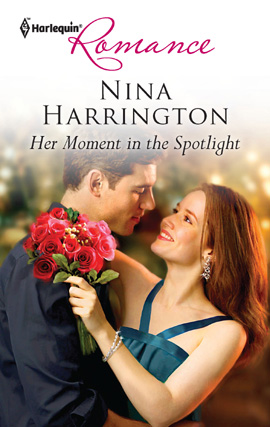Authors receive royalties for their work, and this isn't a set number, which is why most people don't know how to figure them out. The amounts are calculated based on the terms of their publishing contract, and they may vary by publisher, format (paper, e-book, audio, etc.), and the agent's negotiating skills/author's clout. Basically, it's a "per use" licensing fee for the copyrighted material, so the more books sold, the more fees are collected.
The short version is that most authors receive somewhere in the neighborhood of 10-12% for hardcovers, 6-8% for paperbacks, and a much more variable amount of the list price for e-books. This is the industry standard, although individual publishers vary. For example, at Spencer Hill we use a net royalty model (more on that later).
The longer version is this:
The list price of the book is the suggested retail price.
Retailers typically get about a 50% discount on the book.
Distributors take a percentage to promote the book to retailers and to store the paper copies.
Printers take a fixed per-page fee to set up an offset print run, and then charge a per-copy rate.
Publishers pay the authors, the printers, the editors, etc., along with all the other costs of doing business. Anything left over after all that is profit.
If the author has an agent, s/he typically gets 15% from the author's royalties.
Most authors receive an advance (short for "advance against royalties") when they sign with a publisher. This can be as low as $1 or as high as several million. Once a book "earns out" the advance (e.g., sells enough copies to cover the initial amount the author was paid), the author will start to get checks from the publisher from the additional sales. Even if the book never earns out, the author gets to keep the advance.
Standard Royalties Example
If a book has a list price of $20, then a retailer like Barnes and Noble will be able to purchase it from the distributor for about $10.
Some of the $10 that the distributor gets pays its fee; in this example that could be $2-3.
The remaining $7-8 goes to the publisher.
With standard royalties, the publisher will then pay the author the set amount of the royalties. A 10% royalty rate gets the author $2 per book in this example, although the agent will get $0.30 of that.
The remaining $5-6 the publisher has received cover the printing costs of the book (anywhere from $1-$5, depending on the format and the size of the print run), the editing, proofreading, promotion, cover art, layout, office expenses, etc.
Still with me?
Net Royalties
With a net royalty model, the author gets a larger percentage--like 30%--of the money the publisher gets from the distributor, but only after those other expenses like printing and cover art are taken out. With Spencer Hill, we used this model intentionally to minimize the risk of taking on new authors and have the financial freedom to help them develop and promote their books. Editors either get a set fee (based on word count) or a small percentage of the net royalties (I always take a percentage). Neither editing fee counts as a gross expense; those are ALWAYS book specific and include things like: cover art, per-book printing charges, bookmarks, book trailers, etc. Our authors get approval of the expenses in advance; they also have the final say on cover art, promo material design, etc. They also have the right to check our financial statements to make sure we're doing what we said we're doing. In the end, the per-book amounts usually end up in the same range as the traditional model, although the initial per-book royalties are lower if the author chooses to do more book promotion such as doing a book trailer and/or sending a bunch of additional ARCs to reviewers (several of these already are provided by the publisher; it's in the contract).
This "net royalty" model is unusual in the business, and people who've been in publishing for a while think we're either really smart or really weird. But we did this intentionally because we don't just want to sell books--we want to grow authors both as writers and as well-known names in the business. This model allows us to do it in a way that the traditional one wouldn't. For example, many publishers don't cover the costs of promotional materials like bookmarks; their authors have to pay for them.
I don't think authors should have to spring for their own bookmarks.
Thanks to Franny for the question!










